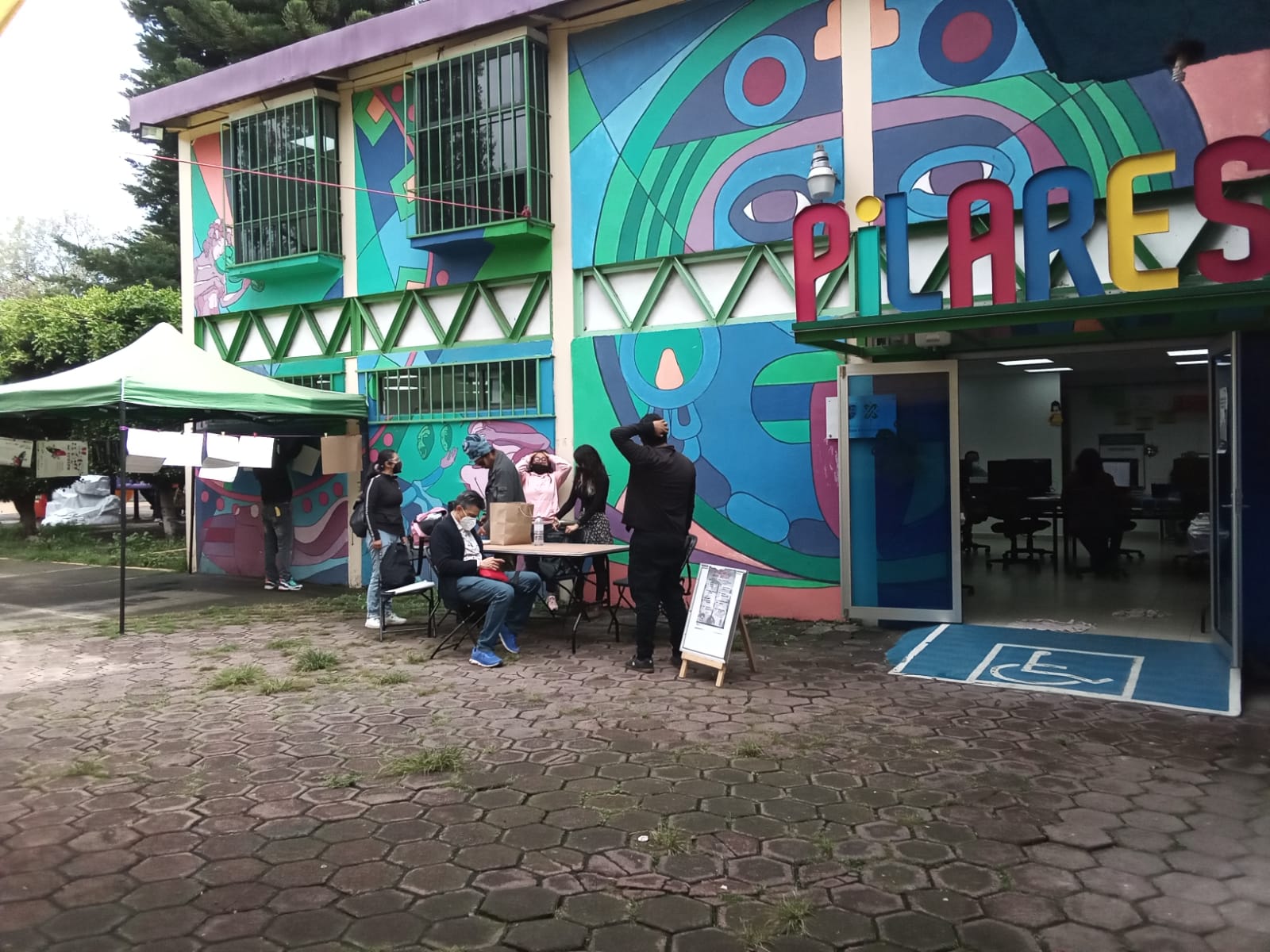
El Parque El Reloj es el centro del barrio del mismo nombre. Comenzó siendo el terreno de un antiguo centro cultural y comunitario que se construyó en 1994. Fue obra de la comunidad que llegó a habitar la zona norte de la hacienda de Santa Úrsula Coapa . Históricamente, la hacienda estaba rodeada de tierras de cultivo. El asentamiento original que vemos hoy es uno de los siete de Coyoacán y fue un pueblo importante también en la época antigua.
A mediados del siglo XX, la ciudad estaba rebasando sus límites. Así surgió la Colonia El Reloj. Los residentes se dieron cuenta de que querían un espacio comunitario algo más tarde. Y sorprendentemente, el primer intento fracasó. Construida en 1994, fue abandonada y permaneció en ruinas hasta su reapertura en 2001. La segunda sorpresa está en que es uno de los pocos centros PILARES actuales que han sustituido a un centro comunitario ya exitoso e incluso próspero. Fue relanzado de nuevo como PILARES oficial en 2019.
El PILARES El Reloj de hoy es un bullicioso centro de cursos, y clases, y aprendizaje. Aunque el famoso edificio con murales tiene solo 350 metros cuadrados, todo el parque es utilizado con frecuencia por visitantes, participantes y estudiantes.
El centro y el Parque Reloj son especialmente importantes para los jóvenes, que reciben clases de arte y talleres de marionetas. También sirve como centro local de empleo y reciclaje. Pero para los residentes, el parque es ese tramo de verde tan necesario que da sentido a las casas y calles circundantes.
Horario: PILARES, entre semana, de 8 a 21 h. El parque está abierto las 24 horas.
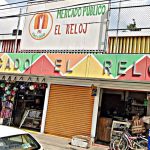
Cercano a 0.17 kms.
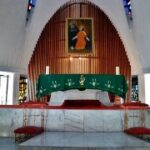
Cercano a 0.18 kms.
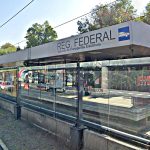
Cercano a 0.30 kms.
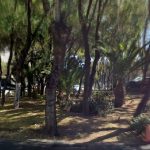
An all but forgotten island of the ancient Texcoco Lake . . .
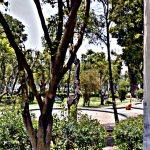
A charming neighborhood park in Tlalpan . . .
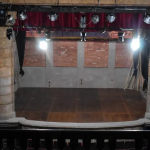
An exceptional mini-theater district in the heart of Churubusco . . .
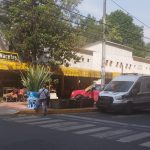
Un mercado de flores abierto las 24 horas en la zona de hospitales . . .
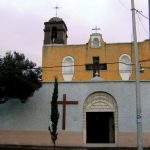
A tiny chapel recalls the long history of the Colonia Tránsito . . .